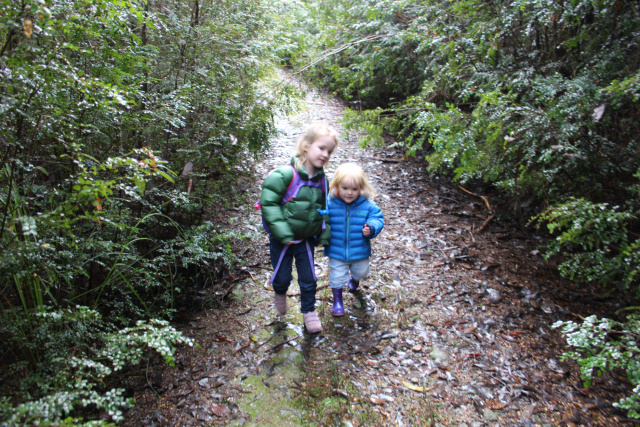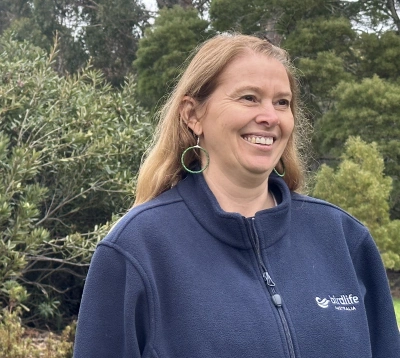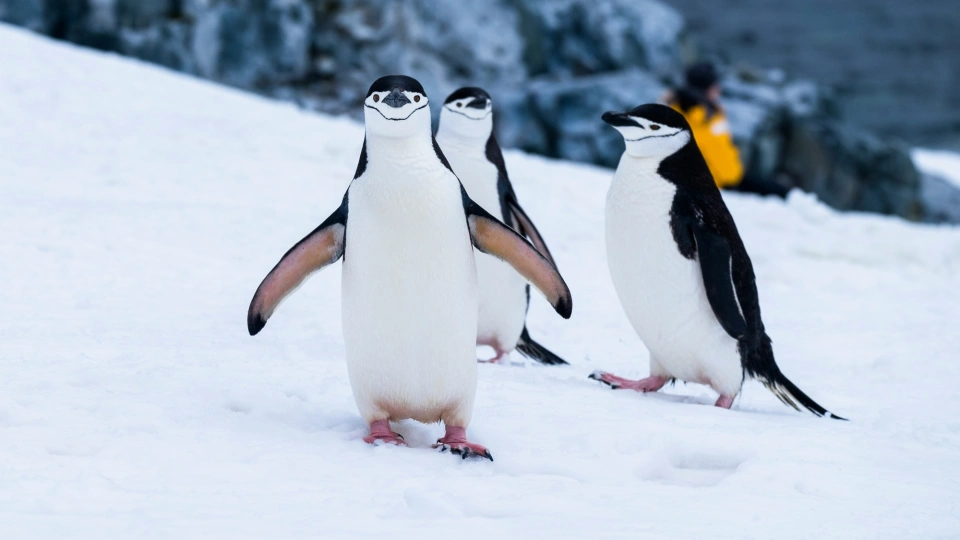The natural world is what sustains us
The trees, the flowers around us – aesthetically - they are beautiful, but they are also serving a really important function. They provide us with clean air, clean water, food and fibre. Even the forestry industries rely on pollinators like Swift Parrots, ironically, and other pollination species like birds and bats and bees and mammals.
It is so important for young children to understand how important it is to protect our natural landscapes, our native habitats and the species that are within them, understand the tools that they can adopt on their own property or influence in their community.
I started very young in the conservation landscape, as probably a three or four year old - bird watching, and monitoring for insects, and understanding the natural world around me. The future generation are our future conservationists, and we need them to harness their information, to look at some of the mistakes of the past, and really take that on and take a different direction for their future. It's really important for our young kids and future generations to play a part in the future of this planet.

It is so important for our future generations to be aware, understand, be connected and appreciate nature and the natural world, because the natural world is what enables us to sustain our livelihoods on this planet.

Lyndel Wilson
The trees, the flowers around us – aesthetically - they are beautiful, but they are also serving a really important function. They provide us with clean air, clean water, food and fibre. Even the forestry industries rely on pollinators like Swift Parrots, ironically, and other pollination species like birds and bats and bees and mammals.
It is so important for young children to understand how important it is to protect our natural landscapes, our native habitats and the species that are within them, understand the tools that they can adopt on their own property or influence in their community.
I started very young in the conservation landscape, as probably a three or four year old - bird watching, and monitoring for insects, and understanding the natural world around me. The future generation are our future conservationists, and we need them to harness their information, to look at some of the mistakes of the past, and really take that on and take a different direction for their future. It's really important for our young kids and future generations to play a part in the future of this planet.

It is so important for our future generations to be aware, understand, be connected and appreciate nature and the natural world, because the natural world is what enables us to sustain our livelihoods on this planet.
You might like...

Nature Connection in Australia

The Rights of Nature

The colours of Nature
Newsletter
Sign up to keep in touch with articles, updates, events or news from Kuno, your platform for nature
